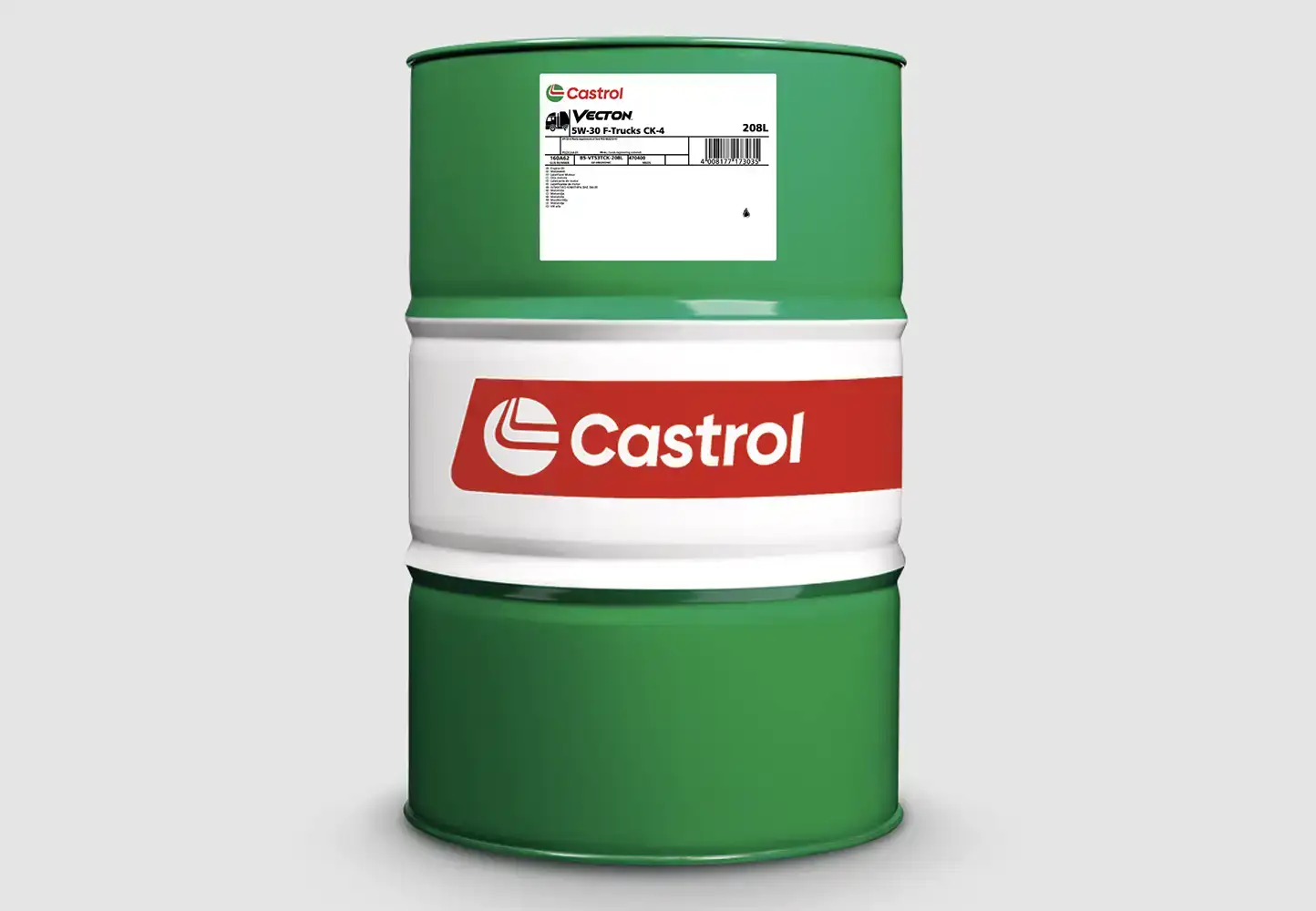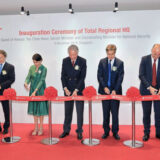
bp considers Castrol sale as focus returns to oil and gas
UK-based energy major bp has launched a strategic review of its global Castrol lubricants business, with an outright sale being a strong possibility. The review forms part of bp’s broader effort to raise USD20 billion in divestments by 2027, as it pivots back towards fossil fuel investments while significantly reducing capital expenditure on renewables. The potential sale of Castrol could fetch an estimated USD10 billion, providing a much-needed cash injection to bp’s balance sheet.
bp acquired Castrol’s parent company, Burmah Castrol, also based in the UK, in 2000 for USD4.73 billion, gaining access to one of the world’s most recognised lubricant brands. Castrol has operated as a wholly owned subsidiary within bp’s downstream business, supplying automotive, marine, industrial, and energy sector lubricants across more than 150 countries. However, bp’s latest “reset”, announced on 26 February 2025, has cast doubt over the future of Castrol within the company’s portfolio.
From independent giant to bp’s lubricants arm
Before bp’s acquisition, Castrol was a dominant player in the independent lubricants market. Founded in 1899 as CC Wakefield & Company, the firm introduced the Castrol brand in 1909, pioneering lubricants derived from castor oil. Over the decades, Castrol built an impressive global network, establishing itself as a premium brand in the high-performance lubricants industry.
Under bp, Castrol maintained its strong brand identity and expanded into new markets, including electric vehicle fluids and industrial lubricants. Despite its success, the lubricants business has struggled to fit within bp’s evolving energy strategy, which has seen frequent shifts between expanding renewables and recommitting to oil and gas.
bp’s strategic reset and Castrol’s uncertain future
bp’s recent strategic overhaul, led by CEO Murray Auchincloss, is sharply refocusing on fossil fuels. The company has increased oil and gas investment to USD10 billion per year, while slashing spending on transition businesses, including biofuels and EV charging, to USD1.5–2 billion per year—USD5 billion lower than previous guidance. As part of this shift, bp is reviewing Castrol’s future, considering all options that would maximise its value.
Proceeds from any potential Castrol sale will go towards reducing bp’s net debt, which the company aims to bring down to USD14–18 billion by 2027. bp has not disclosed any potential buyers, but major global lubricant players or private equity firms could be interested in acquiring the brand.
Pressure from activist investor Elliott Management
bp’s divestment push comes amid growing pressure from Elliott Management, an activist investor that has amassed a nearly 5% stake in bp, making it one of the company’s largest shareholders. Elliott, known for pushing corporate restructurings to enhance shareholder value, has urged bp to scale back its renewable energy investments and focus on high-margin oil and gas operations.
The hedge fund, which has previously targeted major energy companies such as ExxonMobil and SSE (formerly Scottish and Southern Energy), is advocating for a sharper focus on cash flow generation and asset optimisation. The potential sale of Castrol aligns with Elliott’s agenda, reinforcing bp’s shift away from lower-margin businesses and toward higher-return fossil fuel investments.
Kwinana Biofuels Project put on hold
Earlier, bp said it was halting its plans to develop the Kwinana Renewable Fuels project in Australia. The company had originally intended to repurpose its former Kwinana oil refinery in Perth, which ceased refining operations in 2021 and now functions as a fuel import and storage terminal, into a biofuels plant. The facility was expected to produce sustainable aviation fuel (SAF) and hydrotreated vegetable oil (HVO). However, bp has now delayed the project, citing a need to optimise capital efficiency and align with government policies.
The decision comes amid global biofuel market uncertainties, with bp already pausing biofuel expansion plans at its Lingen, Rotterdam, and Castellón refineries. The fate of bp’s H2Kwinana green hydrogen project also remains uncertain, as it awaits potential funding under Australia’s AUD4 billion (USD2.522 billion) Hydrogen Headstart programme.
A pivot back to fossil fuels
bp’s Castrol review and biofuels pullback mark a decisive return to traditional oil and gas investments, reversing much of the company’s prior renewable energy push. This latest shift underscores bp’s focus on cash flow and shareholder returns, reinforcing its commitment to hydrocarbons amid ongoing energy market volatility.
With Castrol’s future hanging in the balance and biofuels initiatives facing delays, bp is making it clear that, for now, oil and gas remain its top priority.















